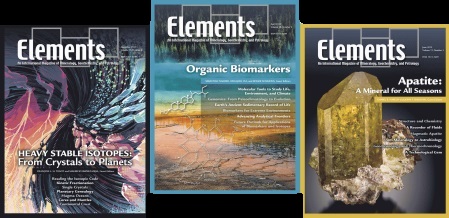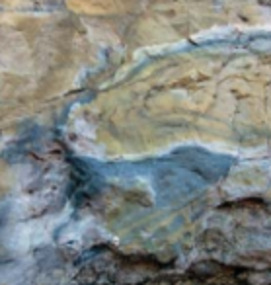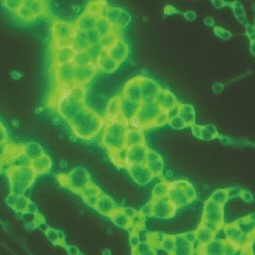Themes and Variations in Complex Systems
Complex systems display diversification in type, patterning, and behavior over time through varied selective mechanisms. Such systems are observed in numerous natural and cultural contexts, including nucleosynthesis, minerals, prebiotic organic synthesis, languages, material culture, and cellular life. These systems possess such qualitatively similar characteristics as diversification into new environments (radiation), episodic periods of innovation (punctuation), and loss of types (extinction). Comparisons among these varied systems thus point to general principles of complexification.
Themes and Variations in Complex Systems Read More »




